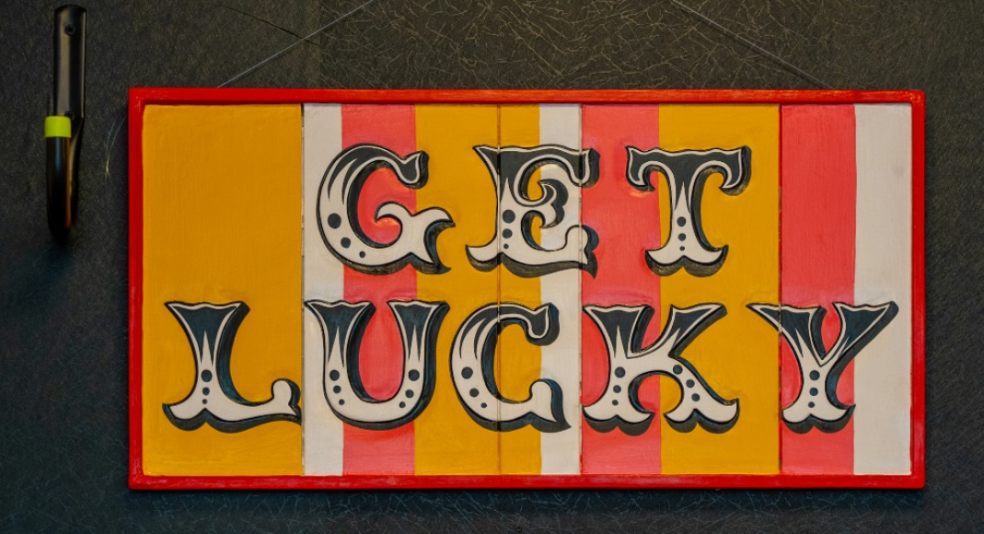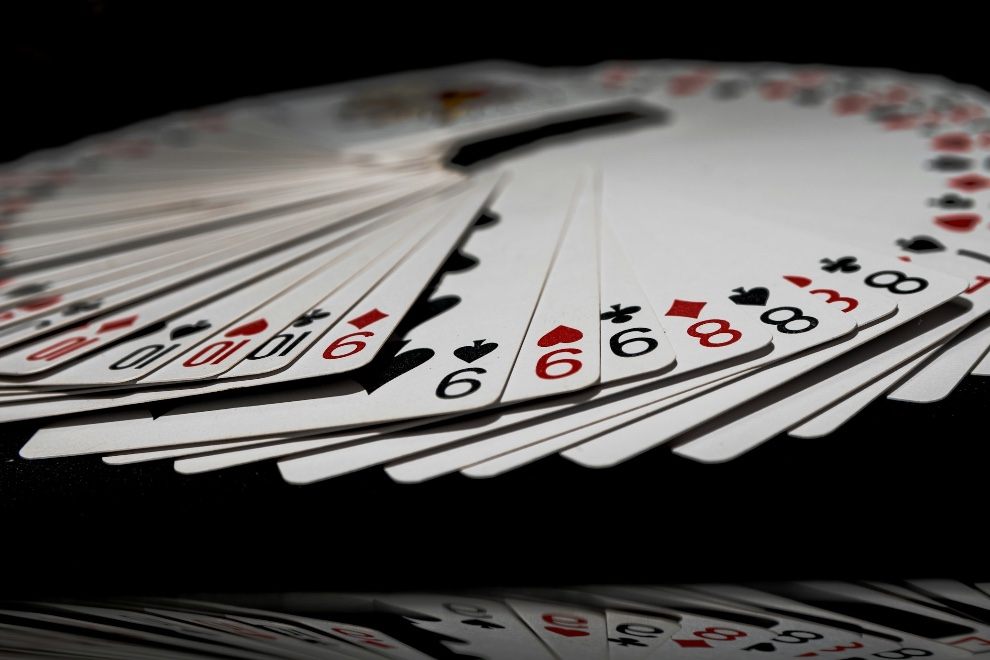
The Science of Luck: Unravelling the Mysteries Behind Online Casino Wins
In the exhilarating world of online casino gaming, the concept of luck reigns supreme, captivating players with the promise of thrilling wins and unexpected fortunes. But what exactly is luck, and how does it influence our experiences at the virtual casino? In this article, we'll embark on a journey to explore the science behind luck, unravelling its mysteries and shedding light on the factors that shape our online casino wins. From the psychology of luck to the role of probability and chance, we'll delve deep into the fascinating world of luck in online gambling, offering insights, debunking myths, and providing strategies for maximising your odds of success.
Introduction to luck and online casino wins
Luck, an elusive but essential concept, is central to the intricate tapestry of gambling. In the realm of Zimpler casinos for UK players, where chance reigns supreme, luck emerges as a guiding force capable of instantly transforming fortunes. It is the intangible essence that shapes the outcomes of every spin, deal, and wager.
Luck is the unseen hand that bestows wealth upon the fortunate few while leaving others in its wake. It is both revered and feared, celebrated in victory and lamented in defeat. As players step into the captivating gambling world, they embark on a journey where the boundaries between skill and chance blur and the whims of fate sway. Understanding luck is not merely a matter of chance; it is a quest to unravel the mysteries that govern the ebb and flow of fortune in the unpredictable landscape of the casino floor.
The psychology of luck: Exploring cognitive biases and superstitions
Luck, a concept deeply ingrained in the human psyche, often intersects with cognitive biases and superstitions, influencing perceptions and behaviours in the realm of gambling. Cognitive biases, such as the illusion of control and the gambler's fallacy, lead individuals to believe they have control over random events or that past outcomes affect future ones. This illusion fosters a sense of confidence and encourages continued gambling despite unfavourable odds. Superstitions, ranging from lucky charms to rituals, provide a sense of comfort and control in an environment governed by chance. They serve as psychological crutches, offering reassurance amidst uncertainty. Additionally, the mere belief in luck can affect decision-making processes, leading individuals to take greater risks or persist in gambling activities in hopes of a favourable outcome.
Luck and neurochemistry
Luck and neurochemistry intersect in fascinating ways, revealing insights into how our brains perceive winning in the context of gambling. At the heart of this phenomenon are neurotransmitters like dopamine and serotonin, which play crucial roles in reward processing and mood regulation. When we engage in gambling activities, the anticipation of potential rewards triggers the release of dopamine, the "feel-good" neurotransmitter associated with pleasure and motivation. This surge in dopamine levels heightens our sense of excitement and reinforces the behaviour, encouraging us to continue seeking rewards. Similarly, serotonin, known as the "happiness hormone," influences our mood and contributes to feelings of well-being and contentment. The anticipation of winning releases serotonin, further enhancing the positive emotions associated with gambling. However, the fluctuation of these neurotransmitters can also lead to addictive behaviours, as individuals may become reliant on the thrill of gambling to maintain elevated dopamine and serotonin levels.
Understanding the mathematical principles behind casino games
Probability and chance form the backbone of casino games, dictating the likelihood of various outcomes and ultimately determining players' fortunes. At the core of this lies the concept of random number generators (RNGs), sophisticated algorithms designed to produce unpredictable sequences of numbers. These RNGs ensure fairness by generating random results for each spin or hand, devoid of any patterns or predictability.
Additionally, the house edge, a mathematical advantage inherent in every casino game, ensures the casino will profit over time. It represents the percentage of each wager the casino expects to retain as profit, underscoring the fundamental principle that the odds are always slightly in favour of the house.
Skill vs. luck
In the realm of casino games, the dynamic interplay between skill and luck shapes players' experiences and influences their outcomes. While some games, like poker and blackjack, involve a significant element of skill, others, such as slots and roulette, rely primarily on luck.
In skill-based games, players can employ strategies, tactics, and mathematical knowledge to gain an edge over their opponents or the house. This might involve bluffing in poker or employing card-counting techniques in blackjack. Conversely, luck-driven games are characterised by random outcomes determined by factors beyond players' control, such as the spin of a roulette wheel or the alignment of symbols on a slot machine.

However, even in games of chance, players can enhance their chances of success by understanding the underlying probabilities and making informed decisions. By striking a balance between skilful play and acknowledging the role of luck, players can optimise their gaming experiences and potentially increase their winnings.
Tips and techniques for enhancing your odds in online casinos
While luck may seem elusive and unpredictable, there are strategies and techniques that players can employ to enhance their odds of success in online casino gaming. Here are some practical tips for gamblers aiming to improve their luck:
- Set realistic expectations: Understand that luck is unpredictable, and outcomes in casino games are ultimately determined by chance. Setting realistic expectations helps manage disappointment and prevents reckless gambling behaviour.
- Manage bankrolls effectively: Establish a budget for gambling activities and stick to it. Avoid chasing losses or betting more than you can afford to lose, as this can lead to financial distress.
- Choose games wisely: Opt for games that offer favourable odds and a lower house edge, such as blackjack or video poker. Familiarise yourself with the rules and strategies to maximise your chances of winning.
- Practice mindfulness: Stay present in the moment and focus on the game at hand. Avoid distractions and negative thoughts that can affect decision-making and undermine luck.
- Embrace randomness: Accept that luck is beyond your control and embrace the randomness of casino outcomes. Adopting a positive attitude can enhance resilience and enjoyment, regardless of the outcome.
- Take breaks: Give yourself time to recharge and reflect between gambling sessions. Taking breaks helps maintain focus and prevents burnout, allowing you to approach games with a fresh perspective.
- Learn from experience: Analyse past gaming sessions to identify patterns and areas for improvement. Adjust your strategies accordingly, and continue to refine your approach over time.
- Practice gratitude: Cultivate gratitude for the opportunity to engage in gambling activities and appreciate the entertainment value they provide. Gratitude fosters a positive mindset and encourages a healthy perspective on luck and winning.
So, the next time you spin the reels or place a bet at the virtual casino, remember that luck may be on your side—provided you're willing to understand its mysteries and play your cards right.
Gambling can be addictive, please play responsibly. Click HERE for free, confidential advice if you are worried about your gambling.



















